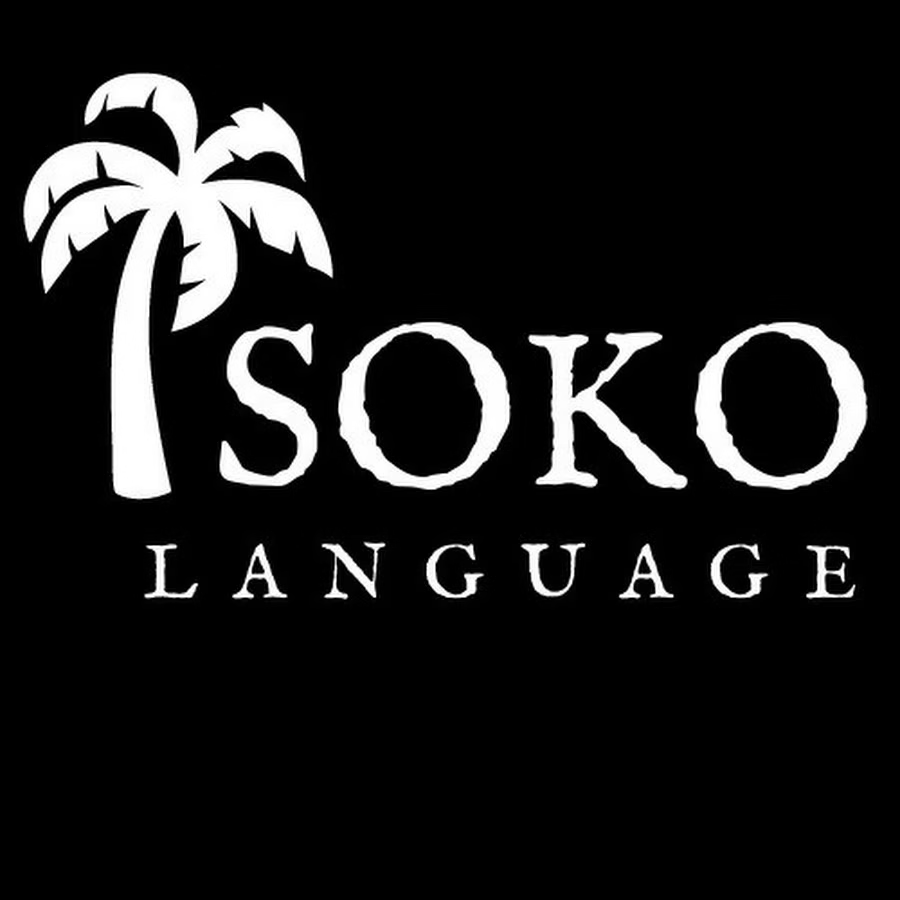The Isoko people are one of the major ethnic groups in Delta State, Nigeria. Their language, known as Isoko, is closely related to Urhobo and other Edoid languages. For decades, it has been the primary way of expressing identity, history, and tradition. But in recent years, the language has been quietly losing ground. Many young people cannot speak it fluently, and fewer families are teaching it to their children. Linguists now classify Isoko as a minority language that is under threat of extinction if nothing is done.
So, what exactly is happening to the Isoko language, and what can be done to save it?
Why the Isoko Language Is Losing Ground
One major reason is urbanization and migration. Many Isoko families now live in cities like Lagos, Abuja, and abroad. In these places, children are exposed mostly to English or Pidgin, leaving little space for native languages. Over time, Isoko becomes less spoken at home.
Another factor is the dominance of English in education and work. Since schools teach in English and jobs require English fluency, many parents focus on that and neglect their mother tongue. Some even believe that speaking English at home makes their children “better prepared,” which leads to less transmission of Isoko.
Also, there is cultural influence from neighboring groups. The closeness of Isoko to Urhobo and Itsekiri communities means that people sometimes switch between languages, and younger generations may not see the need to master Isoko specifically.
Finally, lack of documentation and promotion has played a role. Unlike Yoruba, Igbo, or Hausa, the Isoko language has very few books, songs, or movies promoting it. Without visibility, the language struggles to remain attractive to the younger generation.
Why Preserving the Language Matters
Language is not just a tool for communication. It carries culture, identity, and memory. Proverbs, songs, and oral histories in Isoko are best appreciated in the language itself. When a language dies, so much of the people’s worldview disappears with it.
For the Isoko, preserving the language also strengthens unity. It helps younger generations feel connected to their roots and gives them pride in who they are. A strong cultural identity can also promote tourism, education, and even business opportunities.
How to Save the Isoko Language
The first and most important step is teaching the language at home. Parents should deliberately speak Isoko to their children, even if they also speak English. This ensures that the language is passed naturally across generations.
Schools in Isoko land can also help by introducing the language into their curriculum. Local governments and cultural groups should support this with books, teaching materials, and teacher training.
Media is another powerful tool. Radio stations, YouTube channels, and social media pages in Isoko can make the language trendy and fun. Songs, dramas, and podcasts in Isoko will give young people more reasons to use the language daily.
Finally, documentation is key. Scholars and cultural groups need to record stories, write dictionaries, and publish literature in Isoko. This way, the language survives not only in speech but also in writing for generations to come.
My Opinion
The Isoko language is standing at a crossroads. It is rich, expressive, and unique, but without deliberate action, it may slowly disappear. The good news is that revival is possible. With parents teaching their children, schools including it in learning, and media promoting it, Isoko can thrive again.
Saving the language is not just about words. It is about preserving the soul of the Isoko people for generations yet unborn.









